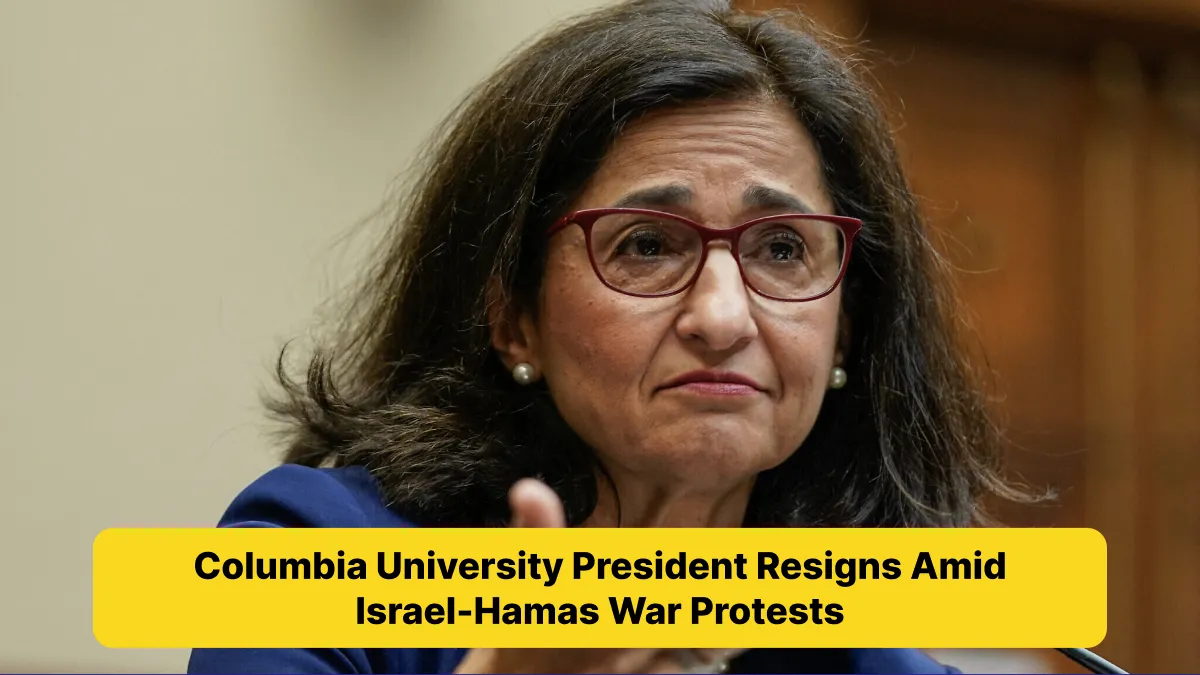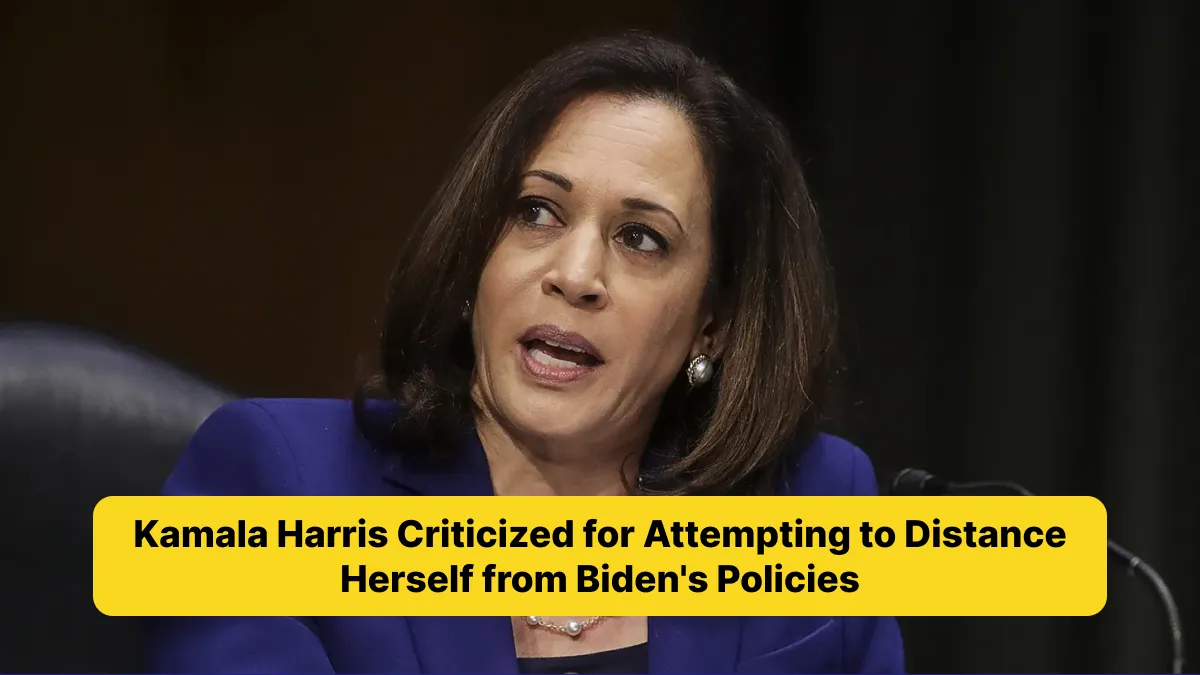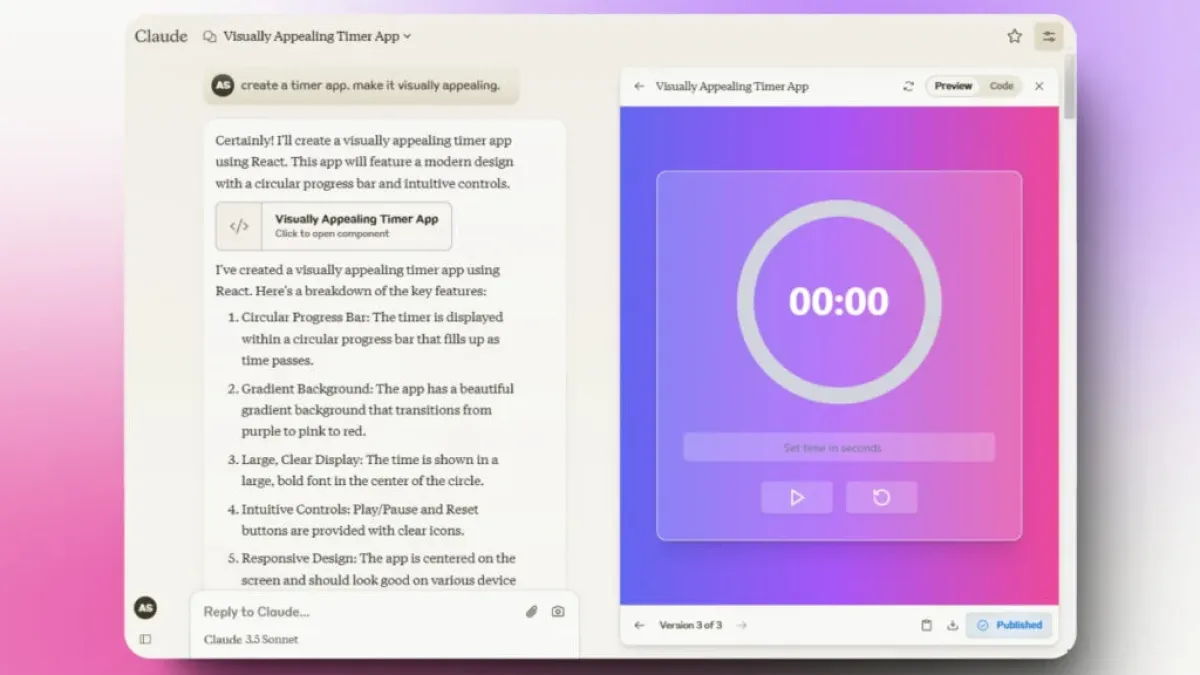Columbia University is facing significant changes after its president, Lee Bollinger, resigned due to the growing tensions on campus related to the Israel-Hamas conflict. Bollinger, who has served as Columbia’s president since 2002, announced his resignation in a statement released on August 14, 2024. The resignation follows weeks of protests and unrest at the university, sparked by the ongoing conflict in the Middle East.
Protests Escalate on Campus
In early October, the violence between Israel and Hamas escalated sharply. As the conflict intensified, so did the debates and protests at Columbia. The university became a hotbed for student activism, with groups on both sides of the issue staging protests, rallies, and sit-ins. Pro-Palestinian student groups organized demonstrations demanding that the university take a stand against Israel’s military actions in Gaza. Meanwhile, pro-Israel groups held counter-protests, calling for support of Israel’s right to defend itself against Hamas attacks.
These protests often turned heated. At times, they led to clashes between opposing groups. Reports of verbal altercations, threats, and even physical scuffles became frequent. Many students and faculty members expressed concern about the increasingly hostile environment on campus.
Administration Under Pressure
As tensions grew, the Columbia administration faced mounting pressure to respond. Students and faculty members from both sides of the conflict demanded that the university take a clear stance. However, Bollinger initially chose a more neutral approach, emphasizing the importance of free speech and the exchange of ideas on campus. He issued statements condemning violence and urging for respectful dialogue, but he stopped short of taking sides in the conflict.
This neutral stance did not sit well with many on campus. Pro-Palestinian groups accused Bollinger of being complicit in what they saw as Israeli aggression by not condemning Israel’s actions. On the other hand, pro-Israel groups criticized him for not expressing stronger support for Israel, particularly in the face of what they described as rising antisemitism on campus.
The administration’s attempts to mediate between the two sides were met with criticism from all directions. A series of town hall meetings intended to foster dialogue only seemed to deepen the divisions. Many students felt that their voices were not being heard, and frustration turned to anger.
Calls for Bollinger’s Resignation
As the situation continued to spiral, calls for Bollinger’s resignation began to grow louder. Several student groups organized petitions demanding his removal. Faculty members also began to speak out, with some publicly criticizing Bollinger’s leadership during this crisis. They argued that his failure to address the situation decisively had allowed tensions to escalate to a dangerous level.
The tipping point came when a group of prominent alumni publicly called for Bollinger’s resignation in an open letter. They expressed disappointment in his handling of the protests and accused him of failing to uphold the values of the university. This letter gained significant media attention and further fueled the growing discontent on campus.
Bollinger Resigns
In his resignation statement, Bollinger acknowledged the difficulties the university faced during this period. He expressed deep regret over the divisions that had emerged on campus. “The past weeks have been challenging for our community,” Bollinger wrote. “I recognize that my leadership during this time has not met the expectations of many. Therefore, I believe it is in the best interest of Columbia University that I step down as president.”
Bollinger’s resignation marks the end of an era for Columbia. His tenure as president was one of the longest in the university’s history. He was known for his commitment to academic freedom and his efforts to expand Columbia’s global presence. However, his legacy will now be complicated by the events of recent weeks.
What’s Next for Columbia?
The university’s Board of Trustees has announced that an interim president will be appointed while they search for Bollinger’s successor. In the meantime, the board has promised to address the concerns raised by students and faculty during the protests. They have also pledged to take steps to restore a sense of unity on campus.
The resignation of a long-serving president amid such controversy is unprecedented in Columbia’s history. It highlights the deep divisions that the Israel-Hamas conflict has created not just at Columbia, but across campuses in the United States. As Columbia moves forward, it will face the challenge of healing these divisions and finding a way to ensure that all voices are heard in its academic community.









